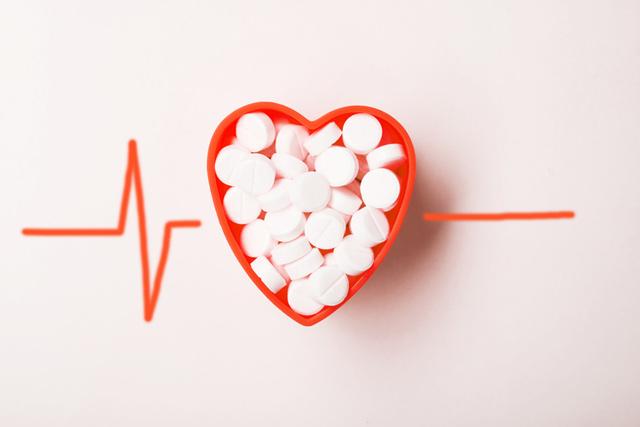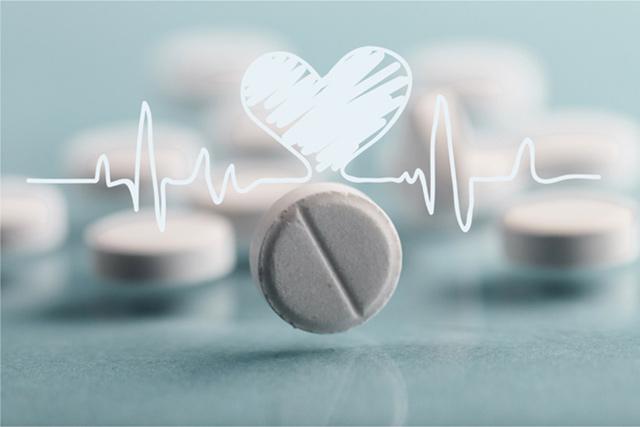You are here
Millions should stop taking aspirin every day to prevent heart attacks
By USA Today (TNS) - Aug 08,2019 - Last updated at Aug 08,2019

Photo courtesy of theinsidertales.com
By Adrianna Rodriguez
Harvard researchers are advising millions of people who take aspirin every day to prevent heart attacks to stop their daily use.
Some 29 million people 40 and older were taking an aspirin a day in 2017 despite not having a heart disease, the published study found.
The study also found that about 6.6 million of them were using aspirin on their own even though a doctor never recommended it to them. And nearly 10 million people over 70 who don’t have heart disease were taking daily aspirin for prevention, the researchers reported in Annals of Internal Medicine.
The discovery comes after multiple, extensive studies last year found that only a marginal benefit, if any, could be found when taking routine aspirin — especially among older adults.
Another study also found that taking low-dose aspirin is associated with an increased risk for bleeding within the skull for people without heart disease.
The studies run counter to what doctors for decades had recommended: a daily 75 to 100 milligrammes aspirin to prevent strokes or heart attacks.
“Many patients are confused about this,” said Dr Colin O’Brien, a senior intern medicine resident at Beth Israel who led the most recent study from Harvard and Beth Israel Deaconess Medical Centre.
The recent studies prompted the American Heart Association and American College of Cardiology to change their guidelines in March:
— People over 70 who don’t have heart disease — or are younger but at increased risk of bleeding — should avoid daily aspirin for prevention.
— Only certain 40- to 70-year-olds who don’t already have heart disease are at high enough risk to warrant 75 to 100 milligrammes of aspirin daily, and that’s for a doctor to decide.
The Harvard study shows just how many millions of people that were taking a routine aspirin in 2017 should be taking a second look at these guidelines
“Clinicians should be very selective in prescribing aspirin for people without known cardiovascular disease,” cardiologist Roger Blumenthal, who was not involved in the Harvard study, said in a March statement. “It’s much more important to optimise lifestyle habits and control blood pressure and cholesterol as opposed to recommending aspirin.”
Although people without a history of heart problems shouldn’t be taking routine aspirin, it’s still recommended for heart attack survivors.
The American Heart Association and American College of Cardiology say regular exercise, maintaining a healthy weight, avoiding tobacco and eating a diet rich in vegetables and low in sugar and trans fats are among the best ways to prevent cardiovascular disease.
“We hope that more primary care doctors will talk to their patients about aspirin use, and more patients will raise this with their doctors,” O’Brien said.
Related Articles
For people without heart disease, taking a daily aspirin to prevent heart attacks and strokes may increase the risk of severe brain bleeding
People without heart disease who take a daily aspirin may lower their risk of a heart attack or stroke, but a new study confirms they also h
Aspirin is a popular drug for people who’ve never had a heart attack or stroke and would like to keep it that way. But for more than one in 10 people who do so, aspirin could do more harm than good, a new study suggests.













